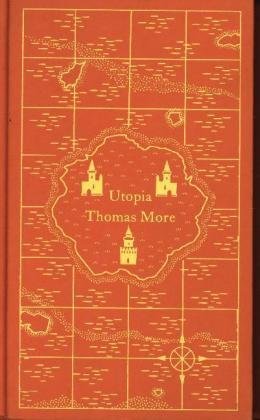- ÖSTERREICHWEIT VERSANDKOSTENFREI FÜR BESTELLUNG AB 20 EUR!
- Filialverfügbarkeit ist bei lagernden Titeln ersichtlich
- Abholung in einer unserer Buchhandlungen
- 30 Tage Rücktrittsrecht
Bitte warten - die Druckansicht der Seite wird vorbereitet.
Der Druckdialog öffnet sich, sobald die Seite vollständig geladen wurde.
Sollte die Druckvorschau unvollständig sein, bitte schliessen und "Erneut drucken" wählen.
Sollte die Druckvorschau unvollständig sein, bitte schliessen und "Erneut drucken" wählen.



